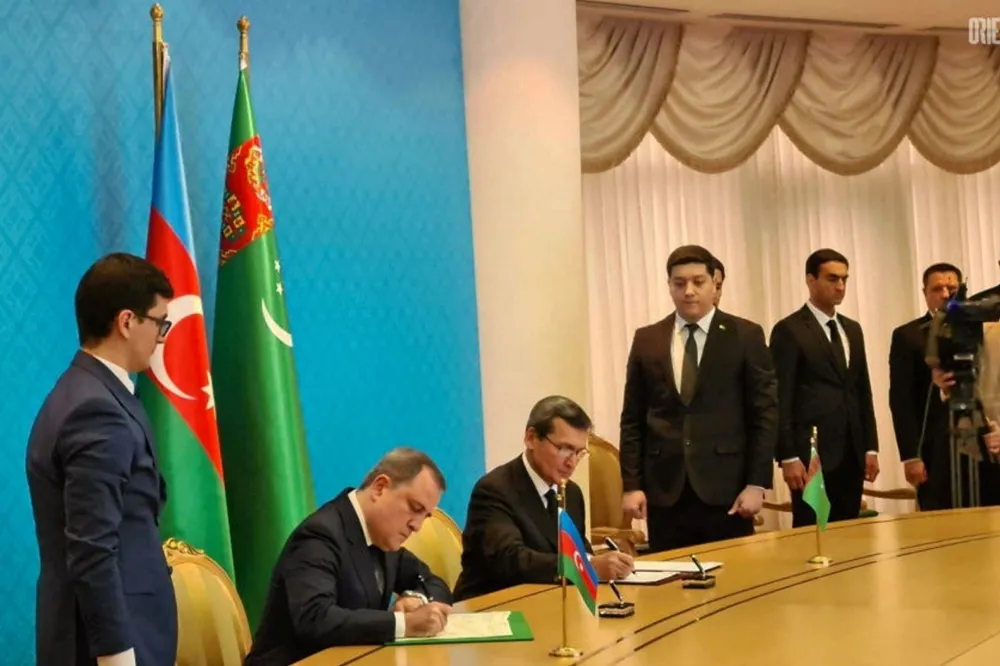Deep-water friendship: Turkmenistan and Azerbaijan bury Caspian Sea hatchet
Neighbours agree to join forces in exploring and developing contested deep-water block as relations have warmed

Neighbours agree to join forces in exploring and developing contested deep-water block as relations have warmed
